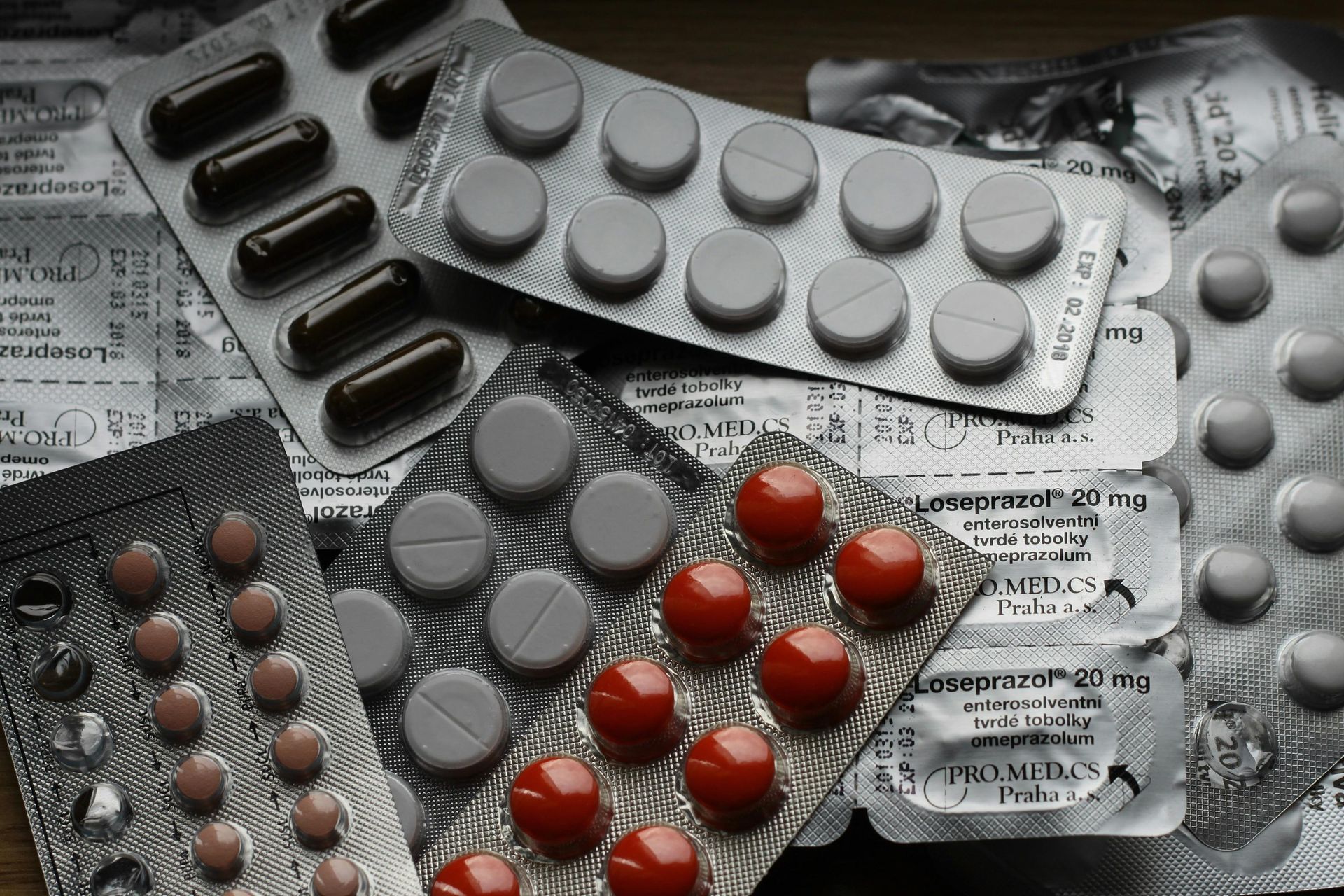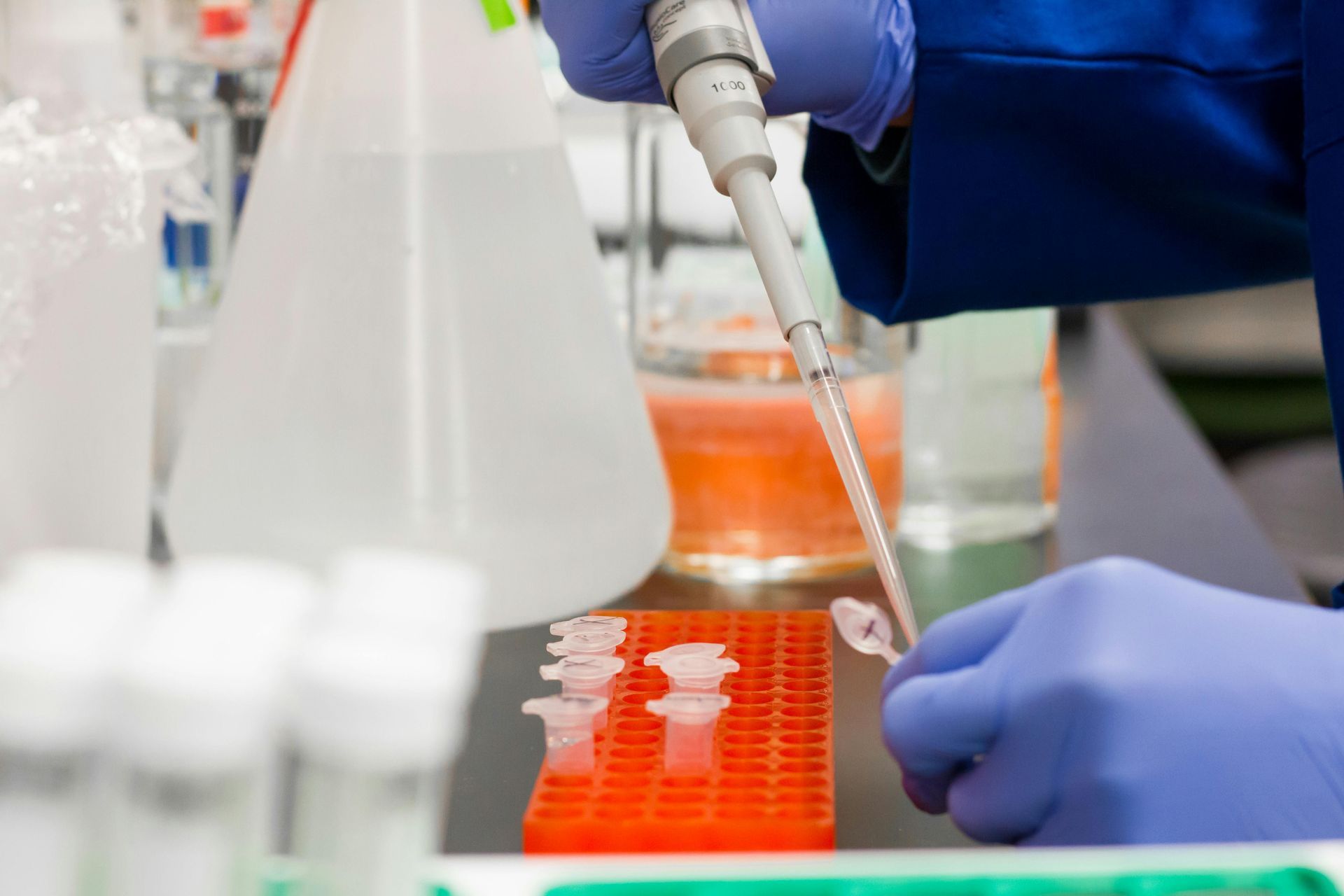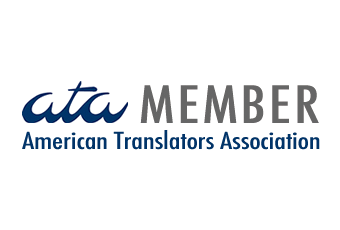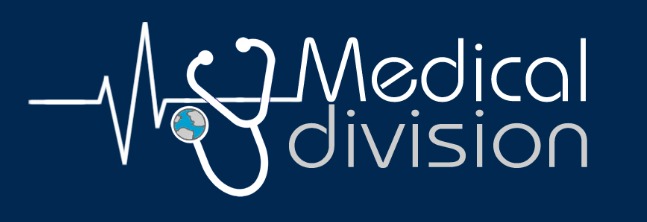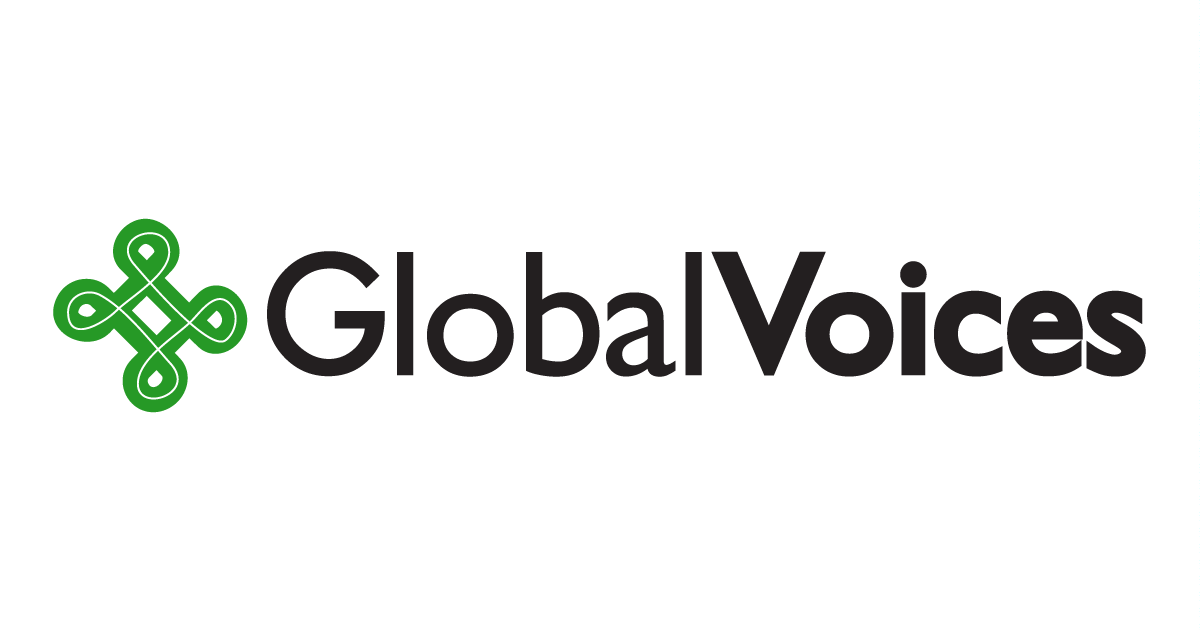Medical Translation in Clinical Research Management
Medical translation in clinical research management is a key step to ensure accurate and clear communication between researchers, participants, and regulatory bodies, especially in multi-national or multi-lingual studies conducted by a clinical research organization. It involves translating clinical trial documents, such as informed consent forms (ICFs), patient questionnaires, and study protocols, from one language to another while maintaining the integrity of medical terminology and meaning.
Professional medical translation services are essential to avoid misunderstandings, ensure participant safety, and comply with local regulations in different countries where clinical research centers may operate. A skilled medical translator ensures that all participants, regardless of their language, can understand the study's purpose, procedures, risks, and their rights, ultimately contributing to the success of the clinical research management process.
Medical Translation for Clinical Trials
In any clinical trial, all participants must fully understand what is involved, including the study’s purpose, procedures, potential risks, and their rights. Medical translation ensures that all trial documents, such as informed consent forms (ICFs), patient questionnaires, clinical trial protocols, and medical records, are accurately translated into the languages spoken by the clinical trial participants. The goal is to ensure that no matter where the participants are from, they can comprehend the information they receive and make informed decisions.
All participants, regardless of their native language should have access to the same information. They should also have the opportunity to ask questions in their own language. Medical translators, who are highly specialized in both medical terminology and the regulatory requirements of clinical trials, are responsible for ensuring that all materials retain their intended meaning and are legally compliant in each country where the trial is conducted.
Professional medical translation services help clinical research organizations (CROs) and clinical research centers adhere to Good Clinical Practices (GCP) and local regulations with accurate translations. This guarantees that trial participants understand the procedures and risks, contributing to the ethical execution of the study.
Why Accurate Medical Translation Services are Essential
Accurate medical translation services are essential to the success of international clinical trials. Translating clinical documents is not simply a matter of converting text from one language to another; it requires a deep understanding of medical terminology, regulatory requirements, and cultural nuances that affect how information is interpreted.
For clinical research organizations (CROs) and clinical research centers conducting multi-national trials, providing participants with clear and accurate information is a must. One of the most critical documents to be translated is the informed consent form (ICF), which ensures that participants fully understand the risks and benefits of participating in a clinical trial. Any errors in translation, especially in medical terminology or instructions, could lead to serious misunderstandings, compromising participant safety and the integrity of the study.
To ensure the quality and accuracy of these translations, it is essential to work with qualified medical translators who have specialized knowledge in clinical research and medical fields. These professional medical translators must ensure that the documents retain the correct medical meaning while adhering to Good Clinical Practices (GCP) and complying with the regulatory requirements of each country.
Challenges and Solutions in Medical Translation for Clinical Research
Despite its importance, medical translation comes with several challenges. One of the primary difficulties is the complexity of medical language. Medical translators must navigate highly specialized terminology, and any misinterpretation could have serious consequences for participants and the overall study. Additionally, translating clinical trial documents must account for cultural differences, as certain medical terms or concepts may not have direct equivalents in other languages.
Another challenge is ensuring that the translation remains consistent across all documents and languages. Clinical research organizations (CROs) and clinical research centers should maintain a uniform approach to terminology throughout the study. A medical translator may need to create a glossary or translation memory to guarantee consistency across translated materials, which helps reduce confusion among participants.
To overcome these challenges, CROs and clinical research centers rely on professional medical translation services. Translators who are not only fluent in multiple languages but are also experts in medical and clinical trial terminology bring added value in clinical research management. By working with experienced medical translators, these organizations can ensure the accurate translation of key documents, helping to maintain the integrity of the trial and ensuring compliance with Good Clinical Practices (GCP).
Emi Lecret - Medical Translator & Localization Specialist (English - French)
Email me at contact@emilecret.com
